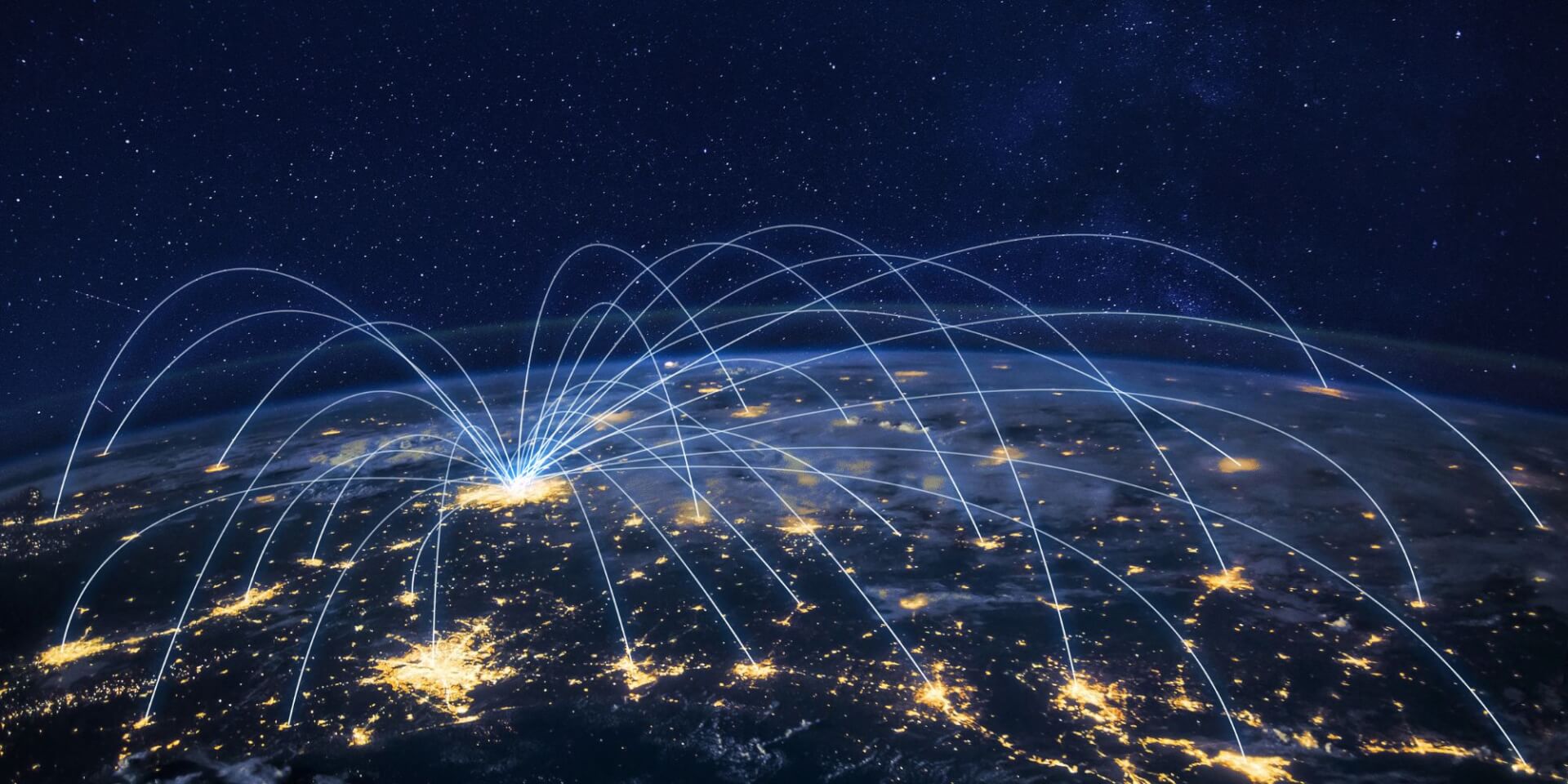
Mathieu Denis, ISC Acting CEO and Science Director will participate as a speaker. See the programme below.
Despite years of trying, and huge potential, eastern Europe still lags behind the west when it comes to research and innovation (R&I) performance. For example, just 5.7% of the EU’s previous framework programme, Horizon 2020, went to the region, causing significant political tensions. The European Commission sought to address this in part through Horizon Europe, with its “widening and strengthening” agenda – a €3.3 billion plan to broaden networks and cooperation platforms across the EU. In parallel, it set out a vision for a revitalised European Research Area, aiming to create a single market for R&I to help boost public and private investments and accelerate reforms in national systems and policies. The future seemed bright, despite the inevitable challenges of implementation that lay ahead.
Then in February of this year, the world changed with Russia’s invasion of Ukraine. The repercussions have spread throughout the international scientific community – and especially so in those central and eastern European (CEE) countries nearest to the conflict. In the short term, the crisis has sharpened minds and attention on the importance of solidarity, while raising vital longer-term questions of capacity-building, resilience and security in the region. With the war appearing unlikely to end anytime soon, how should R&I institutions – both in CEE and elsewhere in the world – plan for the future? What are the implications for industry and investors? Are there some clear, basic principles for scientific sanctions that the research world can adopt – in this, and all future cases of geopolitical tension? On the other hand, what can science diplomacy achieve? Can the Ukrainian situation accelerate lasting change and ultimately deliver the wider, stronger R&I landscape that European policy makers have been dreaming of?
Times refer to CET
| 14:00 – 14:05 | Welcome and opening remarks Maryline Fiaschi (moderator) Chief Executive Officer, Science|Business |
| 14:05 – 14:20 | Science and the war in Ukraine: The view from Kyiv Olga Polotska Executive Director, National Research Foundation of Ukraine Richard L. Hudson (moderator) Editor-in-Chief & Vice Chair of the Board |
| 14:20 – 15:00 | Science and the war in Ukraine: Changing the geopolitics of R&D forever? Olga Polotska Executive Director, National Research Foundation of Ukraine Yuko Harayama Co-chair, Japanese Association for the Advancement of Science; Professor Emeritus, Tohoku University Mathieu Denis Acting CEO & Science Director, International Science Council Luc Soete Emeritus Professor and former Rector, Maastricht University Daan du Toit Deputy Director-General, International Cooperation and Resources, South Africa Department of Science and Innovation Richard L. Hudson (moderator) & Maryline Fiaschi (moderator) Editorial Director & Vice Chair of the Board, Science|Business; Chief Executive Officer, Science|Business |
| 15:00 – 15:35 | Bridging Europe’s R&I gap: What will be the keys to success beyond the conflict? Jana Kolar Chair, European Strategy Forum on Research Infrastructures (ESFRI) Barna Kovács Secretary General, BIOEAST Georgina Lupu Florian Chief Executive Officer & Founder, Wolfpack Digital Simon Pickard (moderator) Network Director, Science|Business |
| 15:35 – 16:00 | Coffee break |
| 16:00 – 17:15 | Widening and strengthening: Is Europe united on the way forward? Mariya Gabriel Commissioner for Innovation, Research, Culture, Education and Youth, European Commission Ivars Ijabs Member, European Parliament Alain Beretz President, COST Association Kinga Stanisławska Co-Founder, Experior Venture Fund; Member, EIC Board Florin Zubașcu (moderator) Executive Editor, Science|Business |
| 17:15 – 18:30 | End of conference and networking reception |